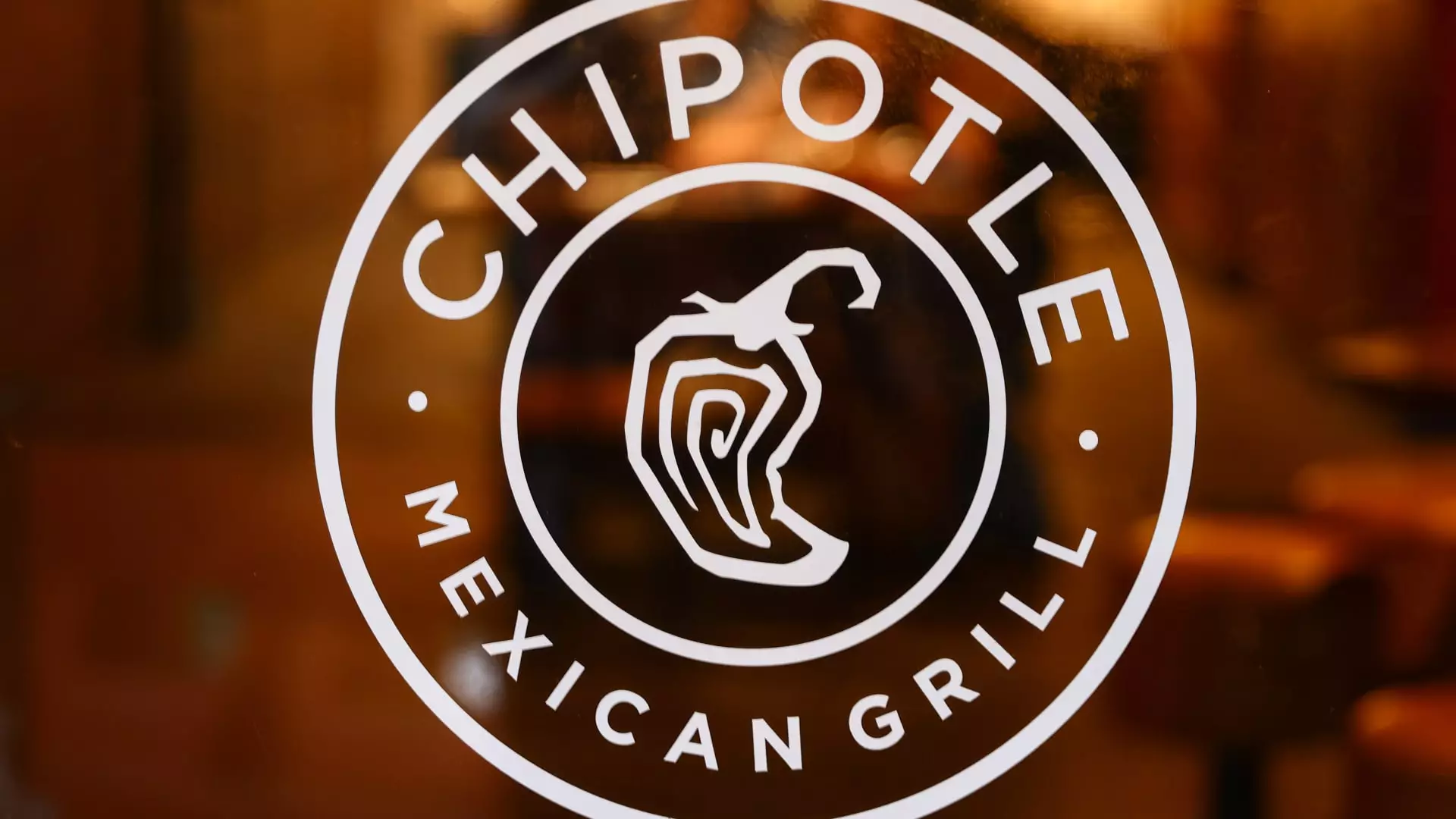Chipotle Mexican Grill’s decision to open its inaugural location in Mexico in 2026 reflects both ambition and audacity, particularly given the current political landscape. With President Trump’s ongoing trade war creating friction between the U.S. and Mexico, plunging forward with this expansion raises eyebrows. Chipotle is navigating turbulent waters, having to manage not just typical business risks but also the unpredictability of international relations. The question looms: can a brand synonymous with American dining overcome the potential backlash from its home soil while trying to appease a discerning Mexican palate?
Partnering with the Right Allies
Securing a development agreement with Alsea—a major player in the Latin American food franchise scene—was a wise strategic move. Alsea’s experience managing global brands like Starbucks and Domino’s Pizza offers Chipotle an advantage that few can boast. This partnership is not merely about having a local face; it’s about leveraging Alsea’s extensive market knowledge and consumer insights. It could hasten Chipotle’s adaptation to local tastes, potentially giving them an edge over previous American brands that floundered when faced with a similar cultural challenge.
Understanding the Avocado Connection
Avocados hold a central place in Mexican cuisine, and for Chipotle, they’re a cornerstone of its culinary identity. Despite diversifying sourcing, about 50% of Chipotle’s avocados still come from Mexico. The company’s ability to thrive in the Mexican market hinges on maintaining high-quality, fresh ingredients, which is more complex amidst fluctuating tariffs and trade relations. A successful launch in Mexico will require Chipotle not just to navigate avocado tariffs but also to demonstrate that it can deliver authenticity in its dishes. Can it transform perceptions of its offerings from mere “Americanized” Mexican food into something that resonates with the authentic flavors and traditions of Mexico?
Learning from Competitors’ Mistakes
The ghosts of Taco Bell’s failed expansions in Mexico are hard to ignore. Their miscalculations highlight the crucial importance of cultural relevance and authenticity. Chipotle’s move must not just focus on reinventing its image; it requires genuine efforts to align with local tastes and preferences. Mexican consumers are discerning, and if Chipotle attempts to sell a watered-down version of their heritage, it risks immediate backlash. The brand must navigate this precariously by resourcing local chefs or integrating traditional Mexican elements into their menu to succeed where others have stumbled.
The Promise of Freshness and Health-conscious Dining
In a time when health-conscious eating is becoming increasingly imperative, Chipotle’s emphasis on fresh, high-quality ingredients may appeal to Mexican consumers. The rich tapestry of Mexican culinary tradition emphasizes balance and freshness, traits that align with Chipotle’s mission. If executed correctly, this could place Chipotle at a distinct advantage, as they can present themselves as a healthy alternative without compromising on flavor. Yet, this is a double-edged sword; if Chipotle doesn’t resonate with the underlying cultural significance attached to Mexican cuisine, their commitment to freshness could be overlooked.
Each step Chipotle takes in Mexico could be the defining moment of its international footprint. The stakes are high, but so are the potential rewards. This isn’t just a restaurant opening—it’s a gamble on the positive acceptance of a brand that has been shaped by and largely associated with American fast food. Time will tell if Chipotle can turn this venture into a triumph or if it will find itself yet another cautionary tale in the annals of failed cross-border dining experiences.

